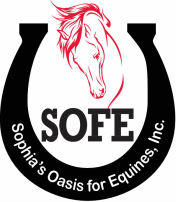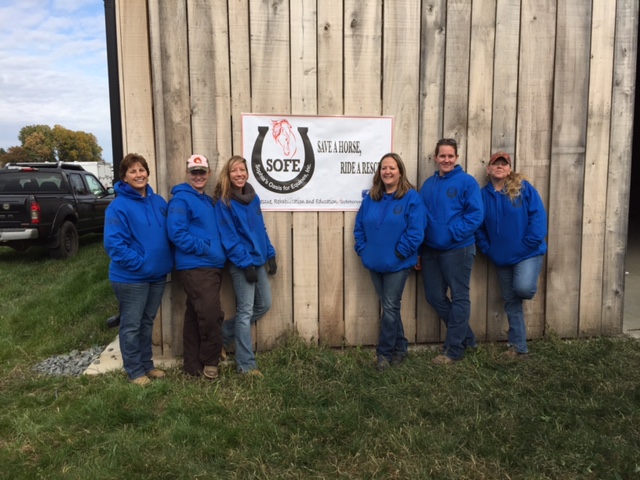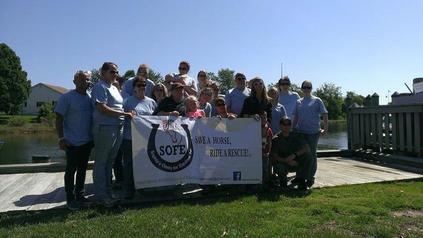ADOPT
if you can't adopt
FOSTER
If you can't foster
SPONSOR
If you can't sponsor
VOLUNTEER
If you can't volunteer
DONATE
If you can't donate
EDUCATE
if you can't adopt
FOSTER
If you can't foster
SPONSOR
If you can't sponsor
VOLUNTEER
If you can't volunteer
DONATE
If you can't donate
EDUCATE



